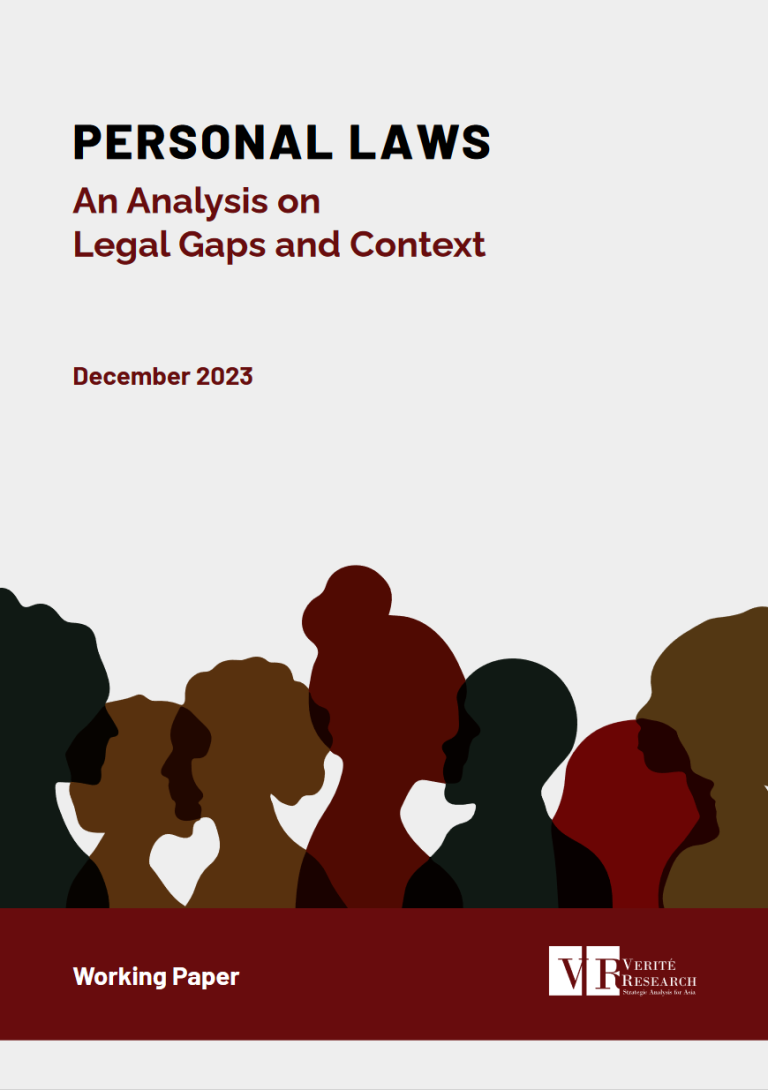
Personal Laws – An Analysis on Legal Gaps and Context
Sri Lanka has specific personal laws applicable to distinct ethnic and religious groups, such as Kandyan law, Muslim law and Tesawlamai law. Critics, both domestically and internationally, have raised concerns about discriminatory provisions in Sri Lanka’s personal laws that contradict constitutional and human rights standards. This working paper aims to assess the disparities between Sri Lanka’s personal laws and international standards, particularly focusing on gender discrimination and impacts on women and children’s rights. Recommendations for reforms aligning with international standards will be proposed, advocating for the evolution of personal laws while retaining Sri Lanka’s pluri-legal aspects.
- Working Papers

